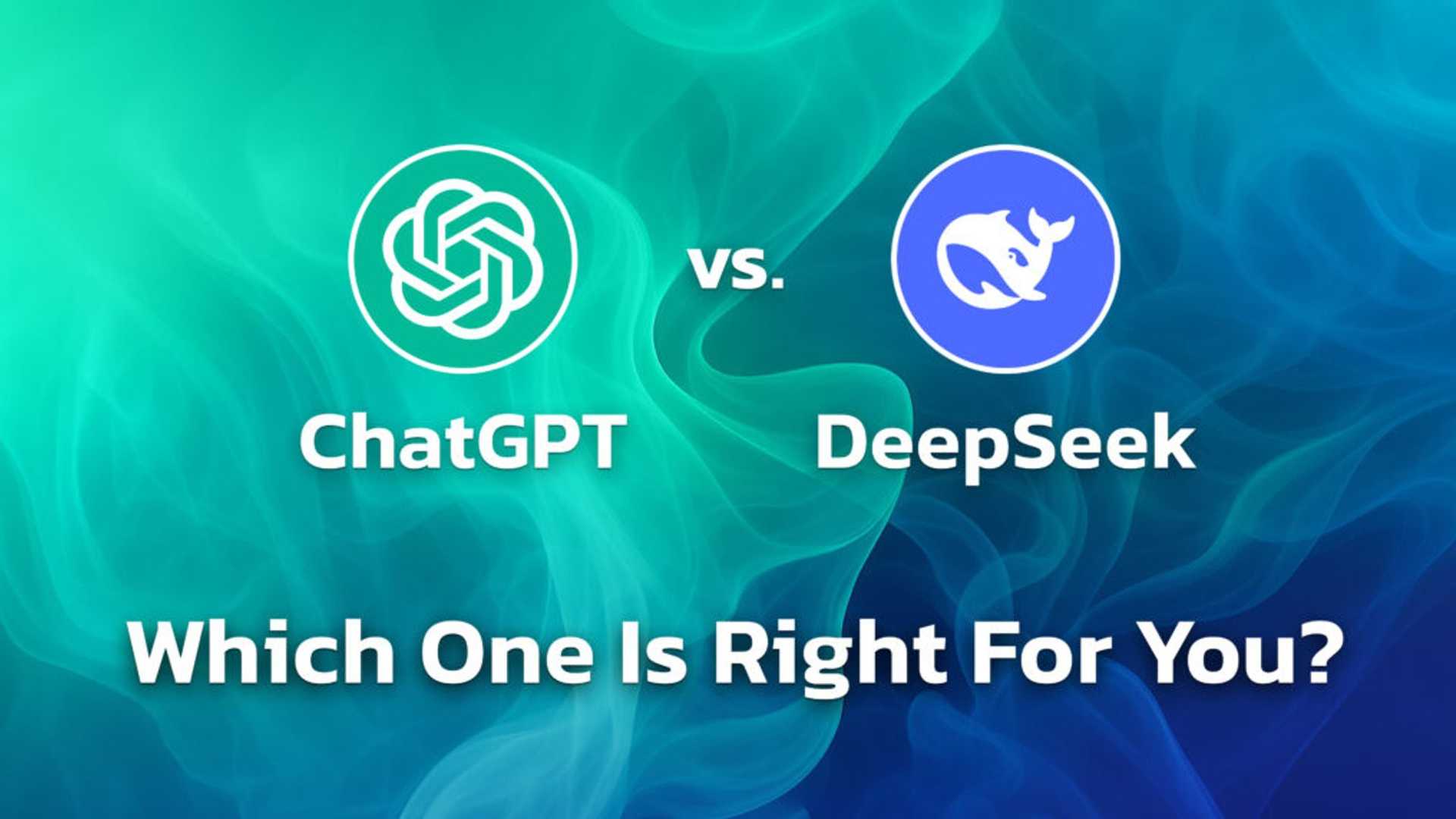ChatGPT vs DeepSeek: Ultimate 2025 Comparison – Which One Is Right for You?
Choosing the right AI assistant today feels a bit like picking a smartphone a decade ago: there are plenty of great options, each with its strengths, quirks, and fanbase. Among the top contenders are OpenAI’s ChatGPT and the fast-rising DeepSeek. These tools can help you write, brainstorm, solve problems, and boost productivity. But they’re not the same—and depending on what you want to do, one might be a better fit for you.
Differences in Features
This guide breaks down the differences between ChatGPT and DeepSeek in a way that makes sense, even if you’re not a tech expert. We’ll go over what they’re good at, how easy they are to use, how much they cost, and what you should watch out for. By the end, you’ll know exactly which one fits your needs best.
As the table shows, ChatGPT offers a more polished, feature-rich experience (especially with a paid plan), while DeepSeek provides comparable AI power for free, albeit with a few quirks. Next, we’ll explore each aspect in detail, so you can make an informed choice.
ChatGPT Overview
ChatGPT is an AI chatbot developed by OpenAI that burst onto the scene in late 2022 and quickly became the go-to name for AI assistance. It’s essentially a friendly conversational agent powered by advanced language models (like GPT-3.5 and GPT-4). People use ChatGPT to draft emails, brainstorm ideas, get answers to questions, write stories, and much more.
OpenAI has continually improved ChatGPT with new features and refinements – for example, adding the ability to speak and listen (voice mode), remember user preferences, and even use third-party plugins. ChatGPT is available through a web interface and official mobile apps. The basic version is free to use (after signing up for an account), while a Plus subscription unlocks the most powerful model (GPT-4) and additional capabilities.
DeepSeek Overview
DeepSeek, on the other hand, is a newer AI assistant that emerged from a Chinese AI startup around late 2024. It soared in popularity in early 2025 after announcing major technical breakthroughs. DeepSeek isn’t just a single model but a family of models and an AI platform. The DeepSeek chatbot uses a state-of-the-art model (called DeepSeek-V3) boasting over 600 billion parameters – making it one of the largest public AI models.
DeepSeek’s creators made headlines by open-sourcing many of their models, meaning anyone can download or use them for free. The DeepSeek assistant is accessible via a web chat (and mobile apps) without needing any login. It’s positioned as a free GPT-4 alternative, capable of coding assistance, content generation, and answering questions similarly to ChatGPT.
Usability Comparison
For everyday users, simplicity matters a lot. So how do ChatGPT and DeepSeek compare?
ChatGPT is polished. You open the app, type your message, and get a smart reply. The design feels intuitive, with almost no learning curve. OpenAI made it smooth on both web and mobile. You’ll need to create an account, but that’s quick. Even the free version gives you a lot of freedom, including unlimited messages and some memory of your chats.

DeepSeek, on the other hand, is even easier to access—at first. No signup is needed. Just visit the site and start chatting. This makes it perfect for quick use. But the design feels more basic. And since DeepSeek got popular fast, the servers can get overloaded. Sometimes you might see delays or glitches.
Feature Comparison
ChatGPT has more features built into its interface—like editing past messages or viewing conversation history. DeepSeek feels lighter and less refined in comparison. Also, ChatGPT integrates better into other platforms. It has browser extensions and extra tools in its premium plan. DeepSeek is more minimal and standalone. ChatGPT wins for stability and design. DeepSeek wins for no-login simplicity but may be less reliable during busy times.










